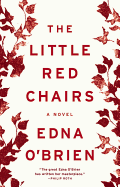"Jeff Bezos denied last year that they [Amazon] were opening hundreds of stores," said Scott Galloway, professor of marketing at the New York University Stern School of Business, at Digital Book World yesterday. "I think that's accurate. They're going to open thousands of stores."
During his talk on the "four horsemen"--Amazon, Apple, Google and Facebook--Galloway noted that bricks-and-mortar retailers are currently investing in digital, while e-commerce companies will "either do one of two things: they will either go out of business or they will open stores. And this is true with Amazon. Amazon is about to become the biggest retailer in the world." He speculated that possible perfect acquisition targets for the company would be Macy's or multinational French retailer Carrefour.
Amazon is also quickly transforming itself into a massive shipping company, Galloway added. They are renting planes, buying trucks and building warehouses, without the "pesky business" of having to deal with things like labor unions. Only yesterday, Amazon said it is leasing 20 Boeing 747 freighter jets and taking a 20% stake in its air shipment partner, Air Transport Services Group.
--
During a panel discussion entitled "The Book Buyer's Journey: Understanding the Consumer Path to Purchase," Peter Hildick-Smith, CEO of Codex Group, said publishers were "really blessed, because book buyers care." Compared to people who use social networks, watch online video or listen to music, Hildick-Smith explained, book buyers are "more invested in books almost as a lifestyle." Also on the panel were Peter McCarthy, co-founder and chief creative officer of the Logical Marketing Agency, and Tom Thompson, senior v-p and group director of Verso Advertising, while Jack W. Perry, v-p of print and e-book sales for Highlights Press, served as moderator.
Hildick-Smith also brought up the concept of "discovery quality." Based on how someone discovers a book, the chances of that person actually reading said book and thinking highly of it can vary tremendously. With a personal recommendation, Hildick-Smith said, a person is more likely to read the book and, if not finish it, at least read enough to form an opinion of it, and is then more likely to rate the book highly. On the other side of the spectrum, if a reader discovers a book through an e-mail offering a 99-cent buy or a similar extreme discount, there's about a 50% chance that he or she will even start that book.
McCarthy, meanwhile, discussed the idea of "dark social" or "dark word of mouth." Publishers, he said, can see whether someone ended up buying a physical book or digital book, but very rarely is the process of the "funnel" entirely physical or entirely digital; dark social refers to the "squishy" interactions between physical and digital discoverability. Noted McCarthy: "Not a whole lot is observable there." --Alex Mutter







SHELFAWARENESS.0213.S4.DIFFICULTTOPICSWEBINAR.gif)




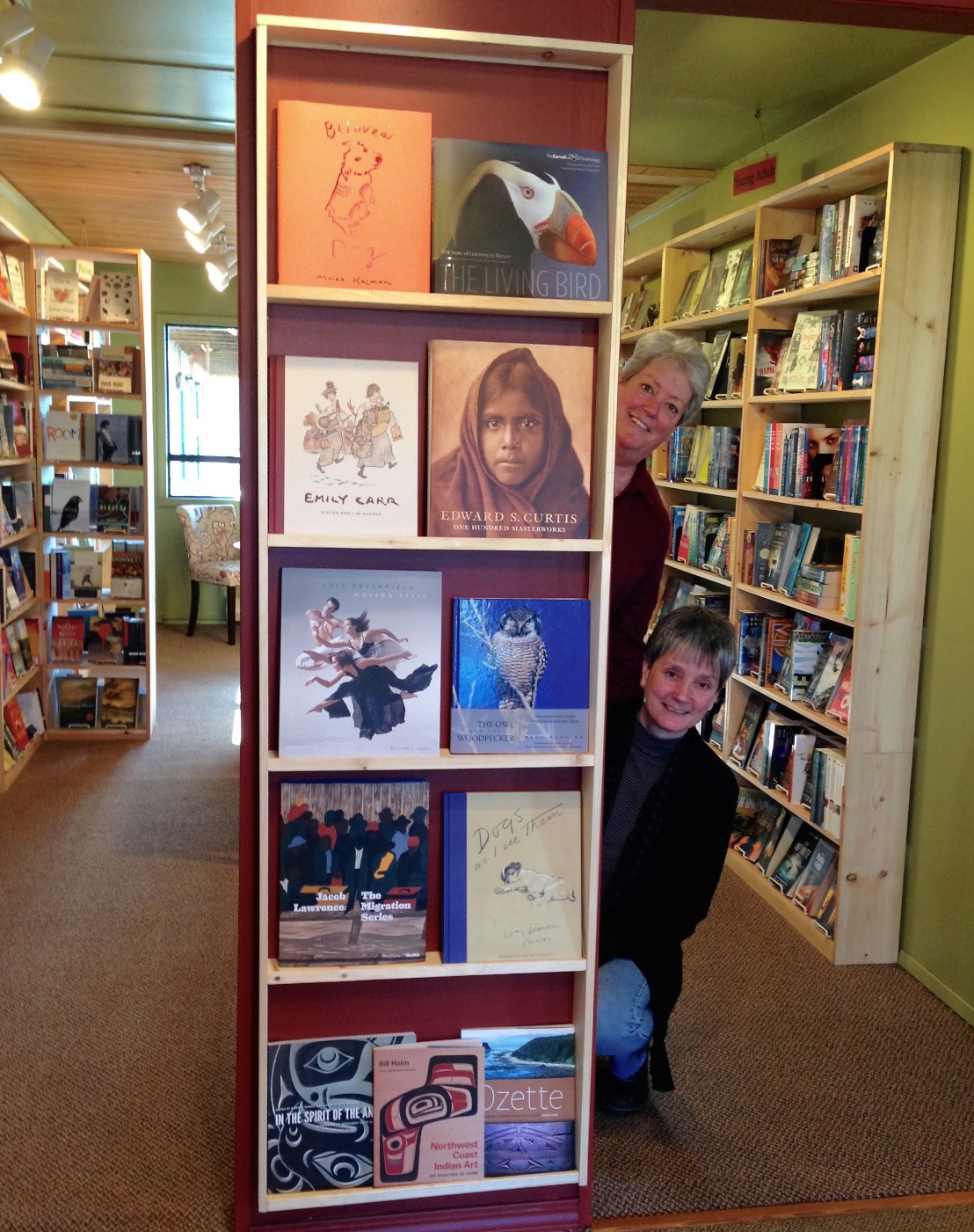

SHELFAWARENESS.0213.T3.DIFFICULTTOPICSWEBINAR.gif)
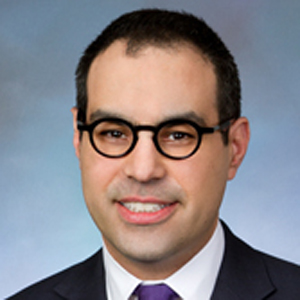
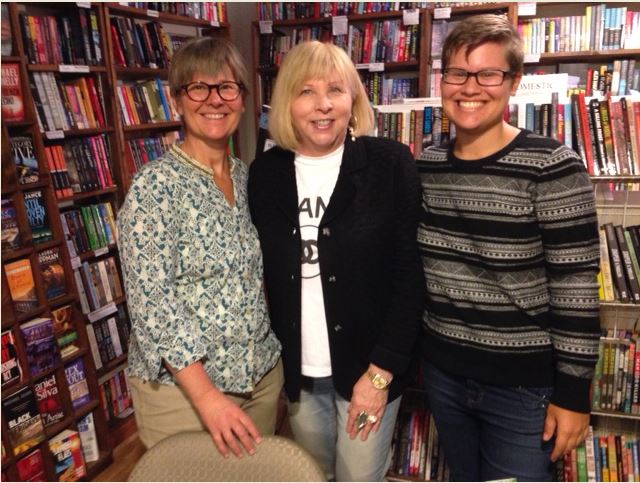
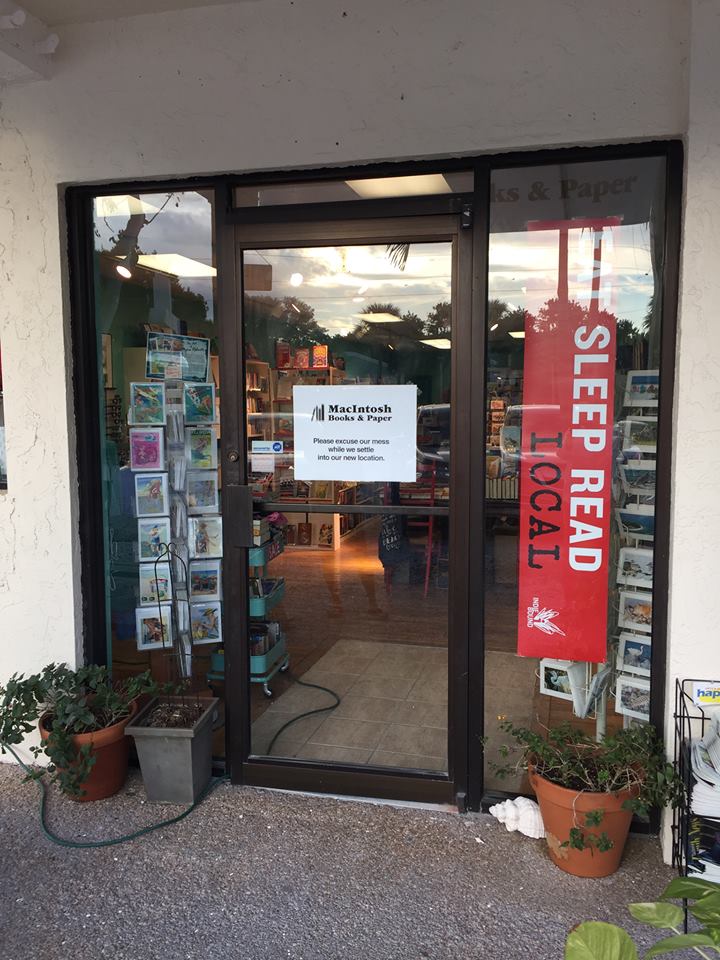 MacIntosh Books and Paper
MacIntosh Books and Paper How to Steal the Mona Lisa: And Six Other World-Famous Treasures
How to Steal the Mona Lisa: And Six Other World-Famous Treasures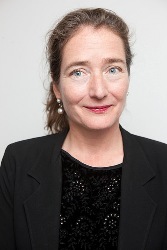
 Younger writers like Aleksandar Hemon and Anthony Marra have taken as their subject matter the ethnic conflicts that have riven postwar Europe. Nearing the end of an illustrious career, Ireland's Edna O'Brien (
Younger writers like Aleksandar Hemon and Anthony Marra have taken as their subject matter the ethnic conflicts that have riven postwar Europe. Nearing the end of an illustrious career, Ireland's Edna O'Brien (